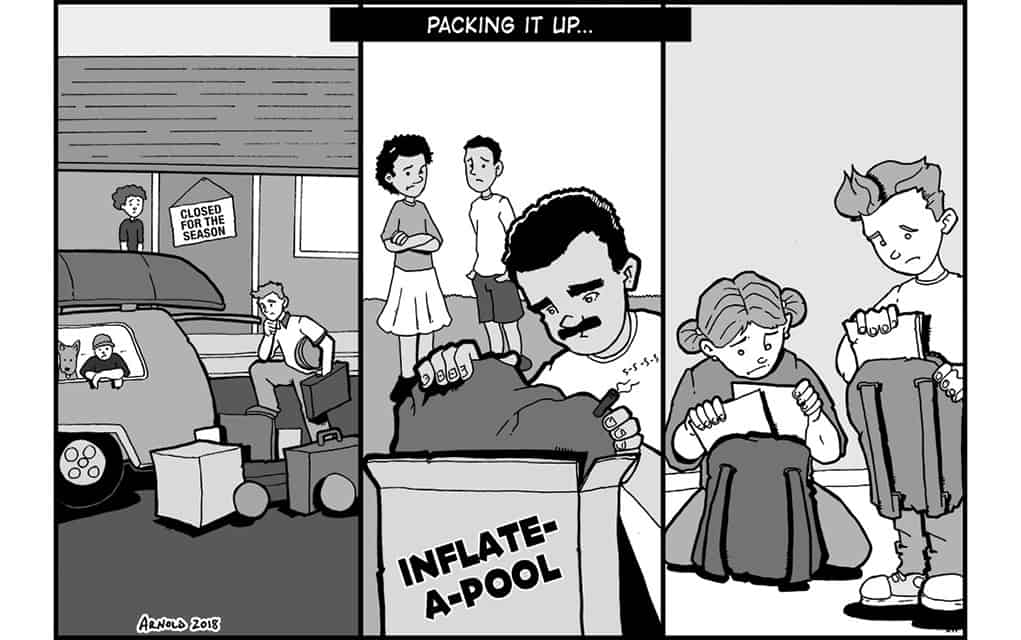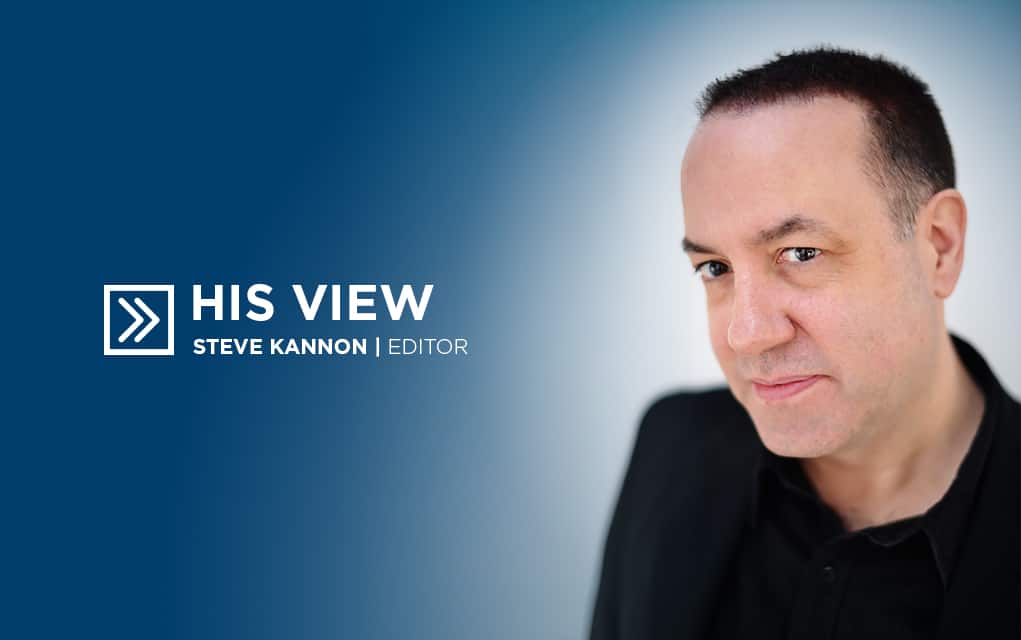;
;
;
Next Article
The View From Here – August 30th, 2018

In the run-up to the U.S. election in 2016, I suggested more than once that Donald Trump – aka “a candidate for federal office” or “Individual-1” thanks to last week’s plea by his former lawyer, Michael Cohen – would be a better choice for president than Hillary Clinton. That reasoning had little to
Last updated on May 03, 23
Posted on Aug 30, 18
4 min read
